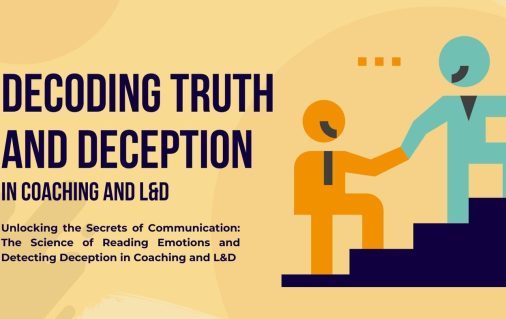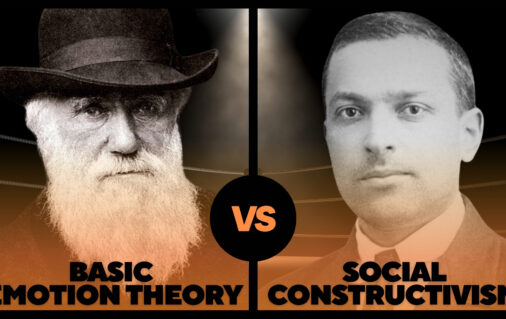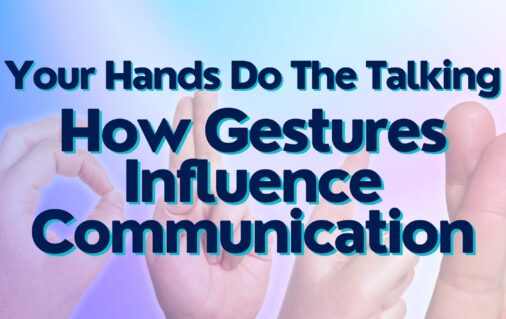How to Improve Your Communication Skills?
By learning to read and understand the communication channels and the messages that we give off through our verbal and nonverbal communication, you can set yourself up to really understand others and to get your message across clearly, without having your own messages like your body language betray you or sabotage your goals and what you are trying to communicate.
For example, if you are in a negotiation, by being able to read the other person’s body language, facial expressions, and voice (and know what those things mean), you’re at a significant advantage compared to if you only used the words that they were saying as a guide. Additionally, if you are aware of, and can control, your own body language and facial expressions, you can communicate and negotiate in a way that helps you. But if you don’t know these things, your body language or an unexpected facial expression may betray you, showing the other person more than you wanted them to see.
Another valuable area to develop in yourself if you want to communicate effectively is your emotional intelligence. Emotional intelligence can give you the skills and strategies to manage your own emotions, and to know how to deal with the emotions of others. We communicate with our words, facial expressions, and body language, but the thing that motivates that communication, and what we are really communicating, is our emotions. How we feel, and those emotions drive our behaviors, and/or they motivate what we think. Typically, if we’re trying to hide something or lie, it’s motivated by an emotion. Emotions are the common denominator in most of our communication.
















